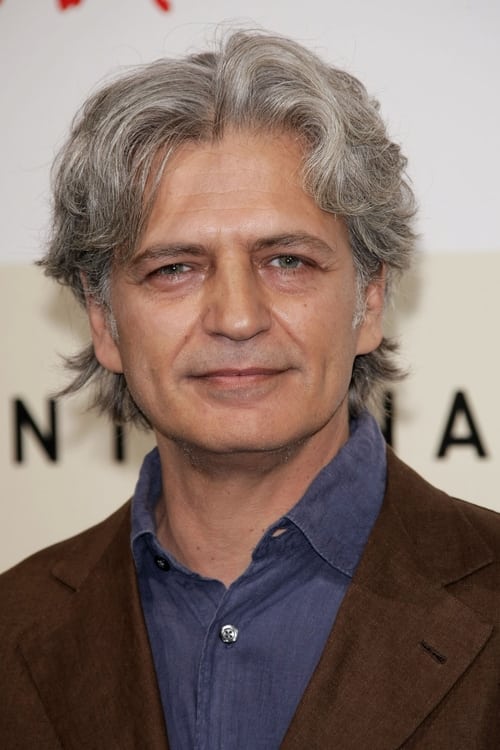
From Wikipedia, the free encyclopedia Fabrizio Bentivoglio (born January 4, 1957) is an Italian cinema and theatre actor and a screenwriter. Fabrizio Bentivoglio was born in Milan (his father is Venetian). After only one season in the juvenile team of Inter, he left his sporting career because of an injury to his left knee and attended the school of the Piccolo Teatro in Milan. He debuted on sta...
Explore all movies appearances
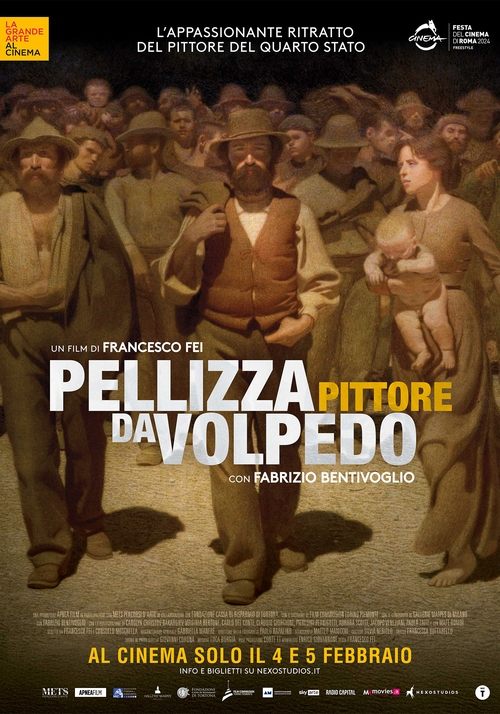
A docufilm recounting the story of the tormented life of divisionist painter Giuseppe Pellizza (1868-1907), famous for his work The Fourth Estate – shown to the public for the first time at the 1902 Turin Quadriennale and housed today at the Galleria d’Arte Moderna (Modern Art Gallery) in Milan – as well as for his ability to study the soul and human society. Exploring the places he lived in as well as his artistic sensitivity, with Fabrizio Bentivoglio as our guide and “narrative consciousness”, this documentary reveals the artist’s emotions and his vision of reality through a sophisticated use of shots from different angles inspired by the colors in his paintings. Pellizza’s tragic end – he took his own life in 1907 following the tragic loss of his wife – is part of the story and makes the emotional bond between the viewer and the artist’s work all the more profound.

In 1934, while traveling to Stockholm, where he is about to receive the Nobel Prize, the Italian playwright Luigi Pirandello recalls his life and his relationship with the loved ones who have inspired his art.
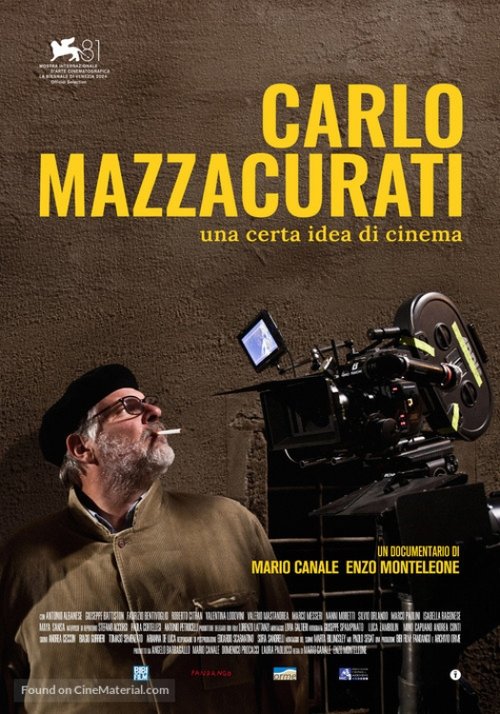
Explore the life and work of acclaimed Italian filmmaker Carlo Mazzacurati, who passed away in 2014. It delves into his distinctive poetic style, blending genres, and portraying rarely seen parts of Italy with empathy and dignity.
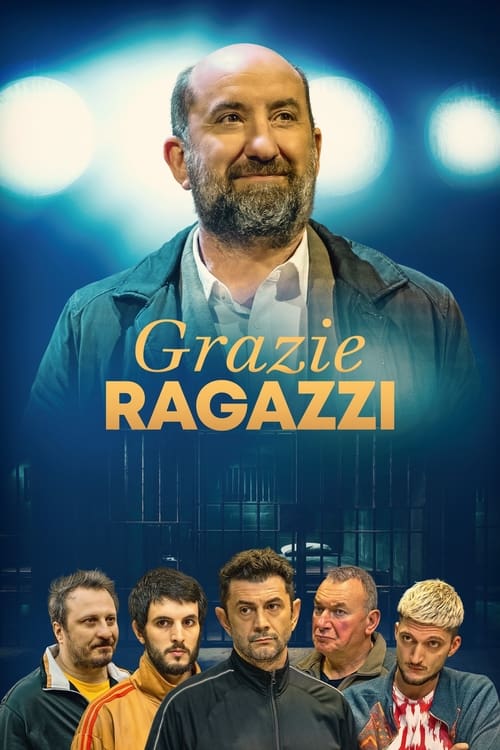
An actor past his prime gives drama lessons to prisoners in an attempt to stage "Waiting for Godot."
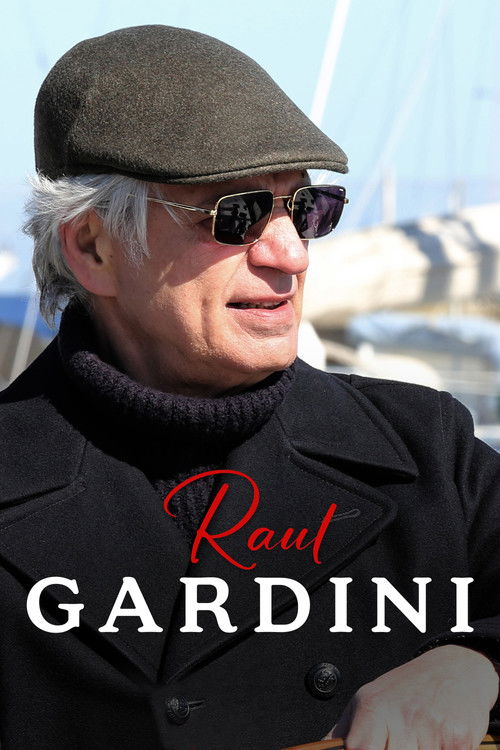
The last three years in the life of entrepreneur Raul Gardini (1933—1993).
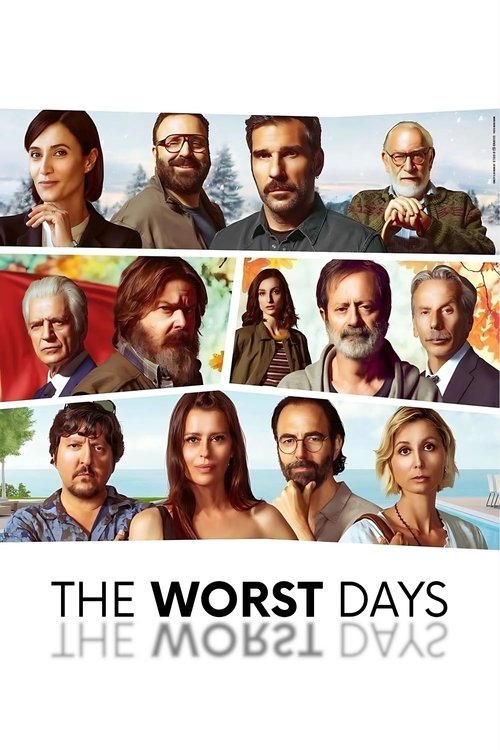
Four episodes – Christmas, May 1st (Labour Day), August 15th (Ferragosto), Halloween – to tell four stories that delve into the human soul.
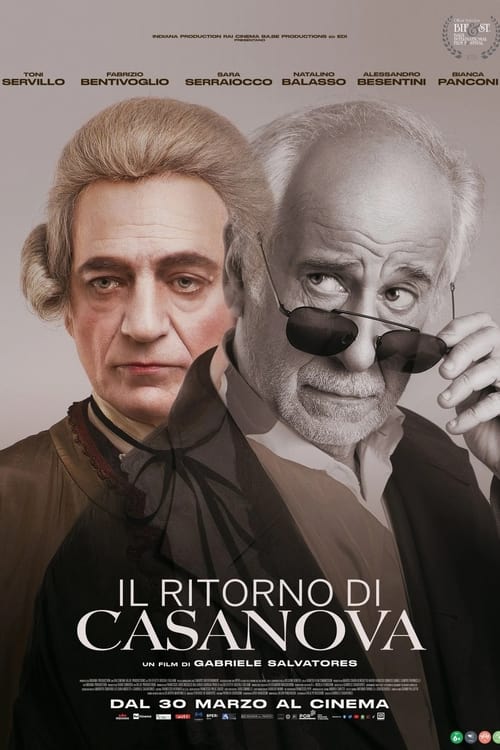
Leo Bernardi is a successful and acclaimed Italian director. He’s approaching the end of his career but he cannot accept his slow decline. He has just finished shooting his last movie and he’s deeply sad. The movie is inspired by the novel about Casanova written by Arthur Schnitzler, a character so similar to the director, even more than he could imagine. Schnitzler’s Casanova is aged, glory days are over: he lost his charm and his attraction to women, he’s broke and no more eager to travel through Europe. After a long exile, he just wants to go back to Venice, his homeland. While traveling home Casanova meets a girl, Marcolina. She reawakens his desire, lost for years. So, he tries to seduce her but that leads him to a tragic understanding: he’s an old man now. It’s not by chance that Leo Bernardi decided to tell this story right now, in a pivotal moment of his life and career. The destiny of both Casanova and his director leads them to a final confrontation.
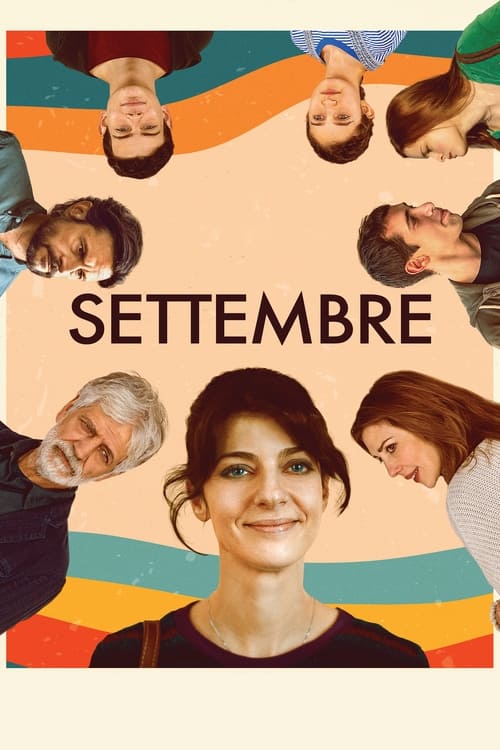
Over the course of a day in September, three loosely related people realize their life is not the one they dreamt of.
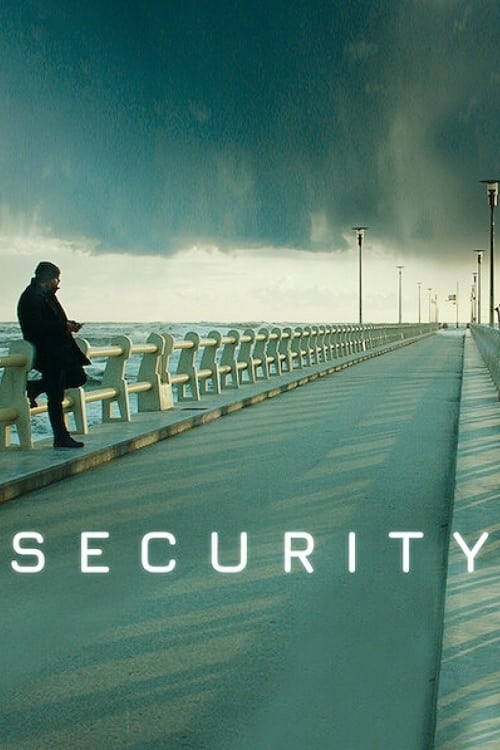
After the assault of a young woman in their seaside town, a security expert and his family get caught in a powerful riptide of secrets and lies.

In 1968, engineer Giorgio Rosa established the independent state called "The Isle of Roses" off the coast of Rimini, built on a platform outside the territorial waters, with Esperanto as the official language. The Italian authorities did not take it well because the micronation was seen as an expedient to not pay taxes on the revenues obtained thanks to the arrival of numerous tourists and curious people.
Subscribe for exclusive insights on movies, TV shows, and games! Get top picks, fascinating facts, in-depth analysis, and more delivered straight to your inbox.